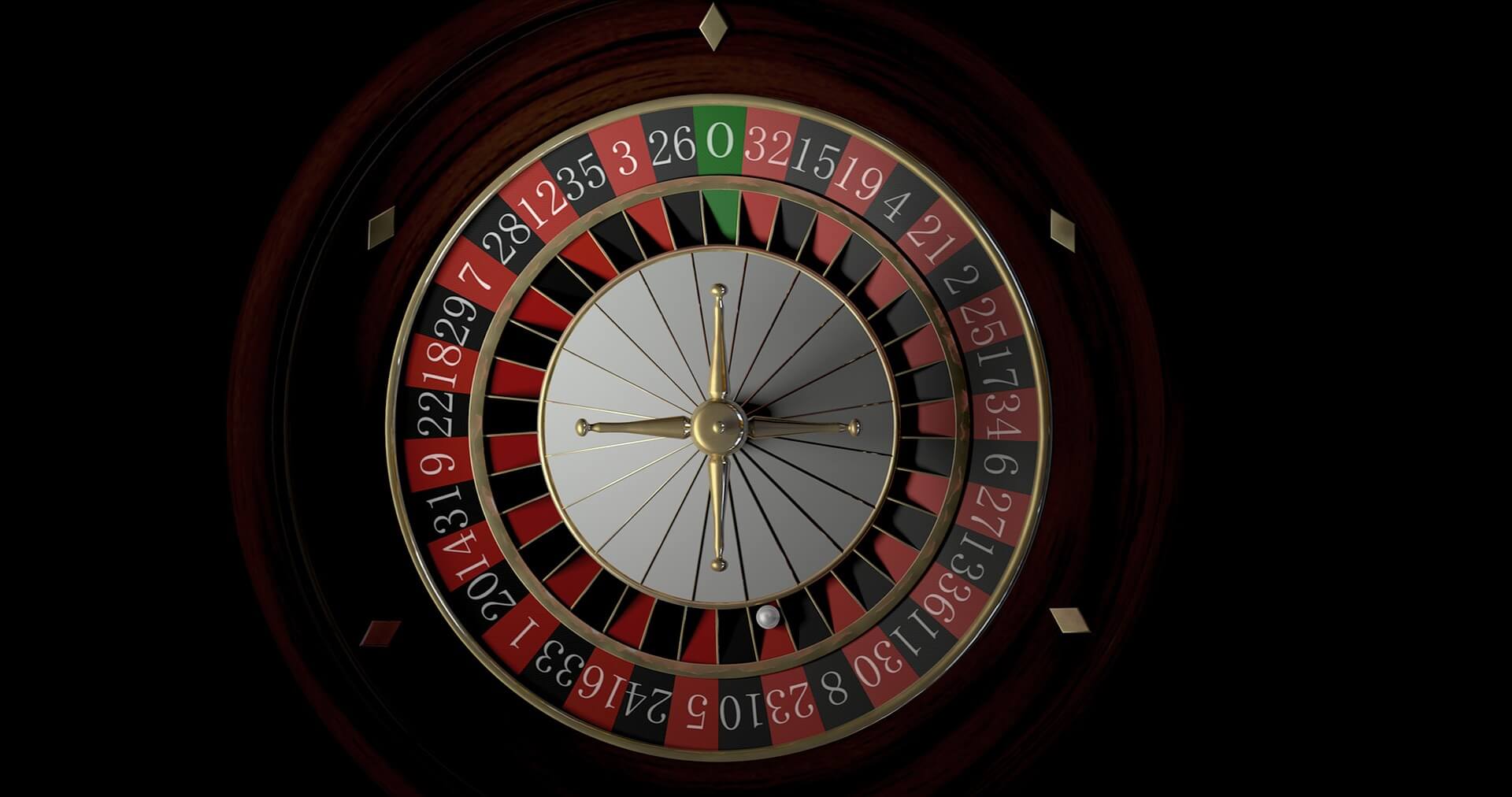
One of the most dynamic business sectors is the casino sector, and even the most affordable games have had to change as a result of new technological advancements. For instance, the positively archaic slot machines are constantly evolving, with even the most well-known titles becoming obsolete after just a few years. The most traditional gambling game may vary if the choice to play is chosen, though.
Since it first gained popularity in France in the 17th century, roulette has essentially remained the same. Naturally, various cultural modifications have been imposed over time (in the American form, an additional branch with zeros was added), but the fundamental laws remain the same. But things are different from what they seem if you look at them more broadly. The roulette game has continued altering, even though it’s difficult to see the change.
The casino environment has changed
Since the principles of the gaming industry have remained constant, roulette has retained its basic rules for a very long time. Things have changed for the worse since the Internet was invented and made accessible from mobile devices. In the past, real casinos were the only places where roulette was played. With the aid of smartphones, the game is now accessible from anywhere. As a result, a novel variation of roulette is created.
“Roulette with variable x’s” is based on the “Monopoly” and “Crazy Time” rules; prior to each spin, a specific wheel is drawn, which might increase the rewards in certain of the more popular betting board branches. “Quantum Roulette” is another well-known new type. It is even more alluring and adaptable. The creation of these new kinds draws in new users, and the introduction of VR and AR will create even more new games.
The traditional American and European roulette games are still the most popular ones at this point. However, even though they are diverse. In these, the roulette wheel is not required to be spun by a real person; instead, a special chip called an RNG (random number generator) determines the designated numbers, changing the nature of the game. Popular places to practice this type of game are some of the best casinos online to withdraw without sending any documents.
Development of roulette
Players visiting the casino were searching for something familiar on which they had developed a personal strategy because, historically, casinos were not permitted to experiment with various variations of roulette. Online web pages have the benefit of constantly adding new content, which doesn’t obstruct spontaneous play. Casinos on the Internet are not constrained by physical space.
The large ones manage dozens of unique roulette tables, each with its own set of regulations and wagering restrictions. This enables them to test a range of rule additions or entirely new iterations of the already well-known game. As a result, new game variations, such as micro roulette and so-called “smart” roulette, have appeared in recent years.
Live versions of the game, in which the roulette wheel is spun by a real croupier and players follow the action via high-resolution cameras with less picture lag, have also evolved as a result of the development of the online gaming business. We may conclude that roulette is a different game than people used to play before the widespread adoption of the Internet.
As online casinos grew, providers were forced to make various adjustments, the main goal of which was to keep the game current and draw in new players. The good news is that roulette has such iconic importance that the most traditional version of the game will be fully abandoned by the large casinos sometime soon.
You may be interested in: The rise of mobile casinos

